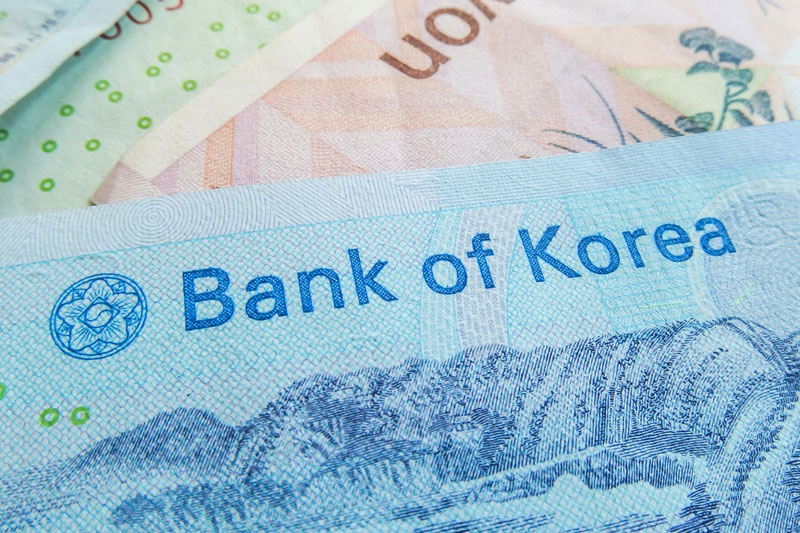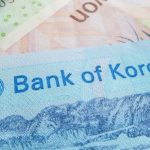
Among major regional movers, the South Korean won rose slightly after the Bank of Korea unexpectedly held interest rates, amid heightened political uncertainty in the country.
The Japanese yen raced to a near one-month high amid increased speculation that the Bank of Japan will hike interest rates next week.
Most Asian currencies were sitting on strong overnight gains, tracking sharp losses in the dollar after Wednesday’s consumer inflation reading.
The dollar index and dollar index futures steadied in Asian trade after tumbling from near two-year peaks in overnight trade, as consumer price index inflation data read a touch weaker than expected.
But anticipation of more key economic cues this week still kept the dollar relatively well-bid, with the dollar index remaining above the 109 level.
The South Korean won’s USD/KRW pair fell 0.1% after the BOK unexpectedly kept interest rates steady. But Governor Rhee Chang-yong signaled that more easing was on the way.
The BOK kept its benchmark rate at 3%, ducking expectations for a 25 basis point cut. The hold came amid heightened political uncertainty in the country, after impeached President Yung Suk Yeol was arrested this week over a failed attempt to impose military law.
Yeol’s move had sparked sharp losses in South Korean markets through December, pushing the won to a 15-year low. This trend also likely drove the BOK’s decision to hold.
But Governor Rhee signaled that policymakers were ready to cut interest rates further in the coming months, especially as economic growth remained weak. The BOK had cut rates twice in 2024.
The Japanese yen was the best-performing Asian currency on Thursday, with the USD/JPY pair dropping 0.5% to 155.59 yen- its lowest level since mid-December.
The yen surged this week as BOJ Governor Kazuo Ueda signaled that the central bank will consider raising interest rates when it meets next week, amid steady growth in inflation and wages.
Reports from Reuters and Bloomberg also pointed to a strong possibility of a January rate hike- a move that bodes well for the yen.
The Japanese currency, along with most of its regional peers, were battered by concerns over higher-for-longer U.S. interest rates in 2025.
Broader Asian currencies mostly firmed on Thursday. The Chinese yuan’s USD/CNY pair fell slightly, with focus turning to key fourth-quarter gross domestic product data due on Friday.
The Australian dollar’s AUD/USD pair was an outlier, dropping 0.2% even as labor data read substantially stronger than expected for December. Strength in the labor market diminishes the chances of rate cuts by the Reserve Bank of Australia, which could begin trimming rates by as soon as February.
The Aussie rebounded sharply from a near five-year low this week.
The Singapore dollar’s USD/SGD pair was flat, while the Indian rupee’s USD/INR pair hovered above the 86 rupee mark, but remained close to record highs.
To read the full article, Click Here

